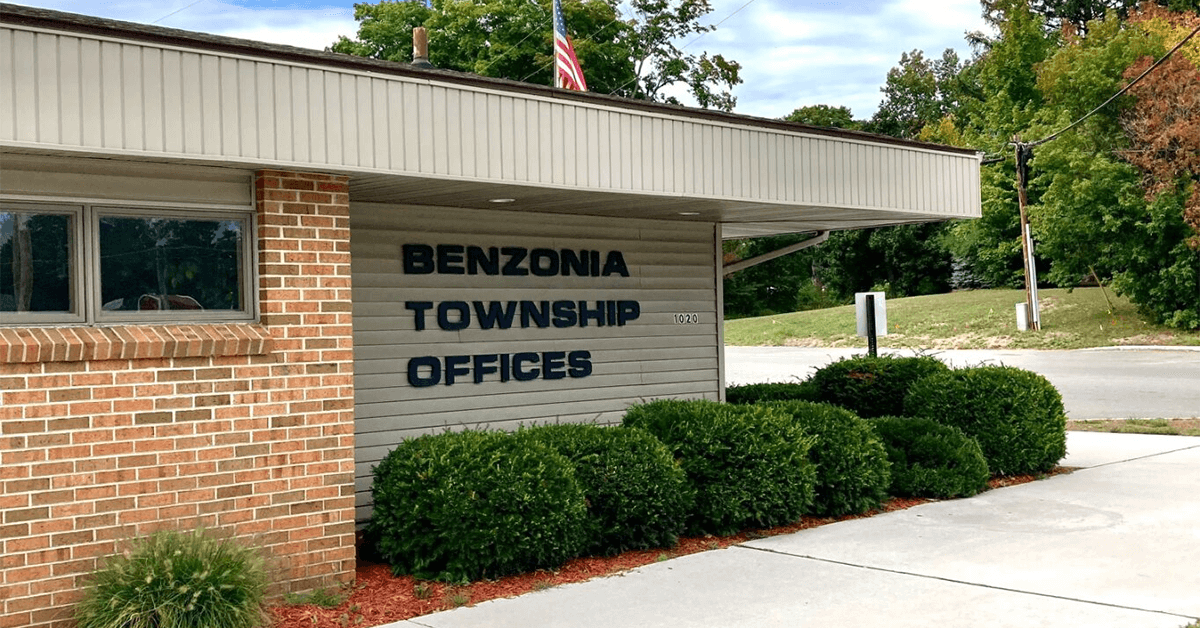How Rescheduling Marijuana Could Change Access and Affect State Dispensaries

The potential reclassification of marijuana from Schedule 1 to Schedule 3 in the Controlled Substances Act could significantly enhance access and diversify the range of products available for medical marijuana patients. However, this change is not expected to directly influence the functioning of state-regulated medical marijuana (MMJ) dispensaries.
Amy Rubenstein, a partner at the international law firm Dentons, emphasizes that shifting cannabis to Schedule 3 would primarily open up avenues for its inclusion in the marketplace through FDA-approved drug channels. This move would facilitate the development of cannabis-based pharmaceuticals and their subsequent approval by the U.S. Food and Drug Administration. Once these drugs receive FDA clearance, they could be dispensed via federally licensed pharmacies upon prescription.
However, Rubenstein points out that the process of drug development, including necessary studies and obtaining FDA approval, is a lengthy one. Consequently, it will be some time before marijuana-based drugs are available in pharmacies. In the meantime, medical marijuana patients can still procure regulated cannabis products from state-licensed dispensaries.
This rescheduling could also provide a layer of security for state-regulated recreational marijuana retailers, reducing the fear of federal intervention, as per industry observers.
"The state-legal markets are not going to disappear," asserts Rubenstein.
Echoing this sentiment, Justin Brandt, a partner at the Scottsdale, Arizona-based law firm Bianchi & Brandt, foresees the eventual availability of medical marijuana products in pharmacies. However, he cautions that attaining FDA approval under Schedule 3 status involves rigorous clinical trials and procedures akin to those undertaken by large pharmaceutical companies—a process both costly and time-consuming.
As for marijuana in its flower form, experts anticipate that the FDA is unlikely to approve combustible products. Vince Ning, CEO of California marijuana distributor Nabis, envisions a future where marijuana might be sold in pharmacies, but likely in non-combustible formats such as pills or medical-grade concentrates.
"I just don't see a pharmacy or a Kaiser Permanente selling cannabis flower," Ning remarks, adding that he hopes for the expansion of direct-to-consumer channels and greater access overall to combat the illicit market. Despite these potential changes, Ning believes dispensaries will continue to play a vital role.
Share this article:
Spotted a typo, grammatical error, or a factual inaccuracy? Let us know - we're committed to correcting errors swiftly and accurately!








 Helpful Links
Helpful Links